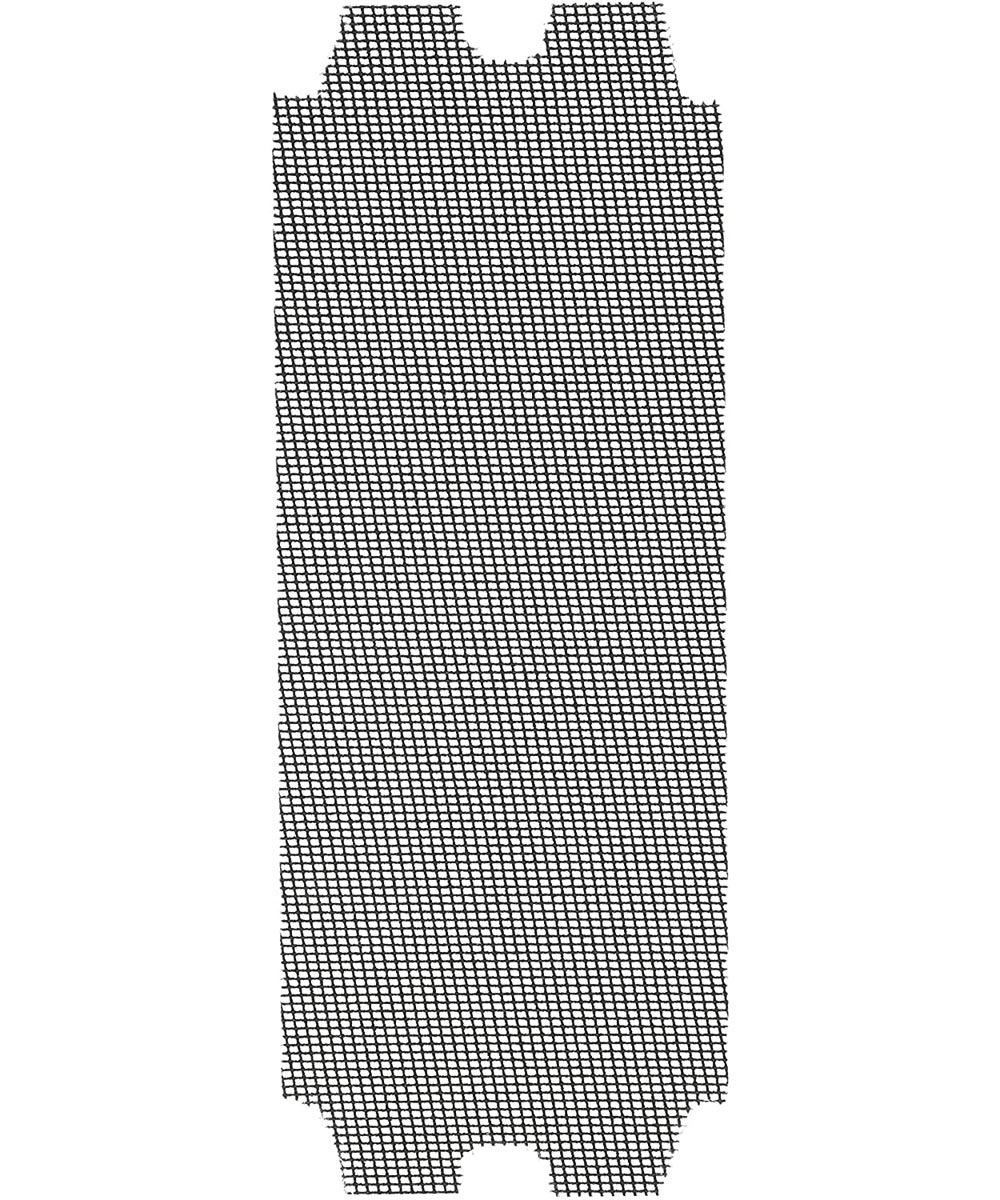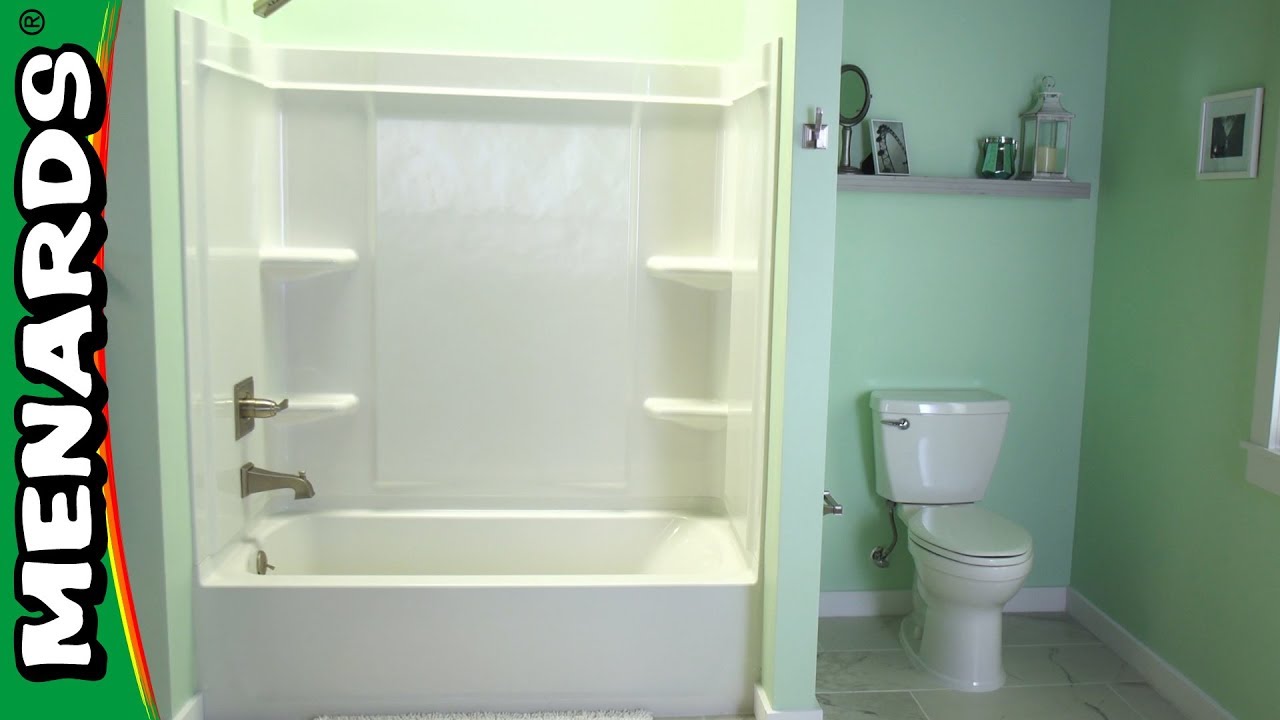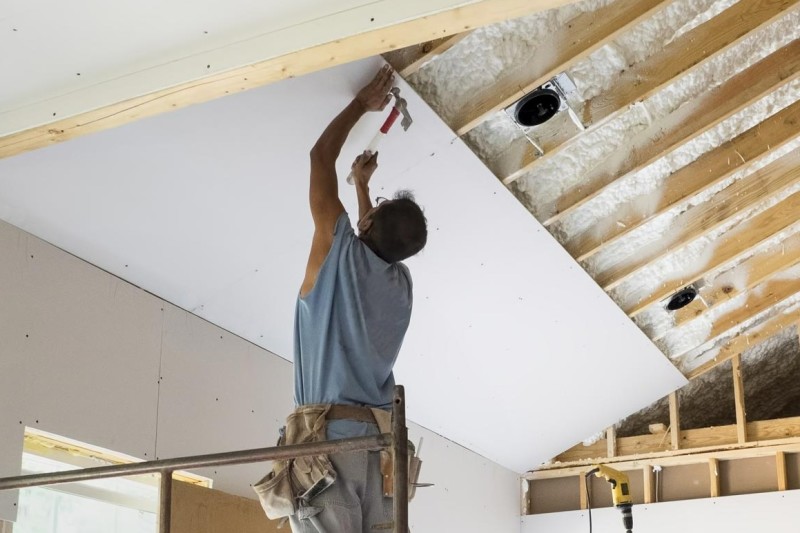
You may be curious about the cost of finishing your drywall if you want to change the look of your home or fix up old walls. There are many factors that can influence the price. These include location, surface preparation, and materials.
It can be difficult for non-construction workers to determine the cost of construction projects. Homewyse's handy guide can help you estimate costs for your drywall. Whether you're planning a remodel or fixing up an existing room, using this guide will help you avoid wasting money.
The size and complexity of your job will impact the amount you need to finish your drywall. The cost of drywall for a small job such as a bathroom remodeling project will be low. For larger jobs, such as a bathroom remodel, you will need to spend $2-$3 per square foot.

Additionally, consider the price of drywall tape. This tape is available for purchase at a cost of approximately $4. This tape is essential to prevent your drywall being pulled apart by a hammer. It can also prevent the mud from being piled up over the joints.
Finishing drywall will cost you less than the hanging process. To make the wall smooth, a contractor will sand it. After the sanding, the drywall will be covered with a second coat of mud to cover the seams. Finally, you can paint the room.
Drywall finishes are available at five different levels. Each level is identified by the Gypsum Association. Level 0 is not finished, while Level 5 is the best.
The majority of finishes found in residential areas fall within the 3-5 category. The most important difference between a Level 0 and a Level 5 is how rough the wall is. A level 0 does not have a texture, but a layer 5 has a thin coating that covers the entire surface.

Typically, a level 0 finish is used for temporary construction. You may want to consider level 5, if you are planning to use high-gloss paint or paint with glossy finishes, drywall.
Level 4 is most common. This is also the most pricey. This is because it requires the use of a 12 inch knife for the skim coat, as well as a 10 inch knife for the second coat. It is also the best choice when you are dealing with areas that are likely be lightly textured.
Finally, if you don't need a high-end finish, you can do the job yourself. However, you will need to know how to properly handle drywall. You should not hire a drywall contractor if you don’t have the necessary experience. Also, you should get a written quote from a professional before hiring a drywall company.
FAQ
How Much Does it Cost to Renovate a House?
The type of material, the project size and the complexity of renovations will all impact the cost. Certain materials, such as wood, require special tools like drills and saws. Others like steel don't. The price of renovations will depend on whether you need your contractor to do everything or if the work is done by you.
Home improvement projects cost on average $1,000 to $10,000. If you plan to hire professionals, the total cost would range from $5,000 to $25,000. If you hire professionals, the cost would be between $5,000 and $25,000. However, if the task is done entirely by yourself, the cost could rise to as high as $100,000.
The final cost for renovation depends on many factors. The cost of renovation depends on the material used (e.g. You can choose between brick or concrete, and the size of your project as well. These factors must be taken into consideration when estimating the cost of renovation.
How long does it take to complete a home renovation?
It all depends on the project's size and how many hours you spend each week. The average homeowner spends between three to six hours per week on the project.
How can I avoid being taken advantage of when I renovate my house?
You can avoid being ripped off by knowing exactly what you are getting. It is important to carefully read all terms and conditions before signing any contract. Blank contracts should not be signed. Always request a copy of any signed contracts.
Statistics
- The average fixed rate for a home-equity loan was recently 5.27%, and the average variable rate for a HELOC was 5.49%, according to Bankrate.com. (kiplinger.com)
- Design-builders may ask for a down payment of up to 25% or 33% of the job cost, says the NARI. (kiplinger.com)
- On jumbo loans of more than $636,150, you'll be able to borrow up to 80% of the home's completed value. (kiplinger.com)
- A final payment of, say, 5% to 10% will be due when the space is livable and usable (your contract probably will say "substantial completion"). (kiplinger.com)
- They'll usually lend up to 90% of your home's "as-completed" value, but no more than $424,100 in most locales or $636,150 in high-cost areas. (kiplinger.com)
External Links
How To
How to renovate an older house
Let's start by deciding what type of renovations you would like to undertake. This could include everything from simply updating your kitchen appliances to completely transforming the whole house into something new.
Once you have decided what type of renovations you want to undertake, the next step is to determine how much money it will cost. You might discover that you don't have enough funds for the entire project. If this happens, you might need to make difficult decisions about which areas in your home you can afford to upgrade and which ones to keep the current budget.
You need to be sure that before you do any renovations you are aware of the following things. You must ensure you have all the permits needed for the job. You should also check whether you require planning permission for certain types of work. For example, if you plan to add extensions to your home, you might need to apply for building consent.
Before you begin to renovate your house, make sure to check with the local authority to confirm that they do not require additional permits. You should also check whether you require planning permission for any part of the house you plan to renovate. To make sure you have enough coverage, contact your insurance provider if you intend to perform any major works, such as installing new roofs.
Next is choosing the right tools for the job. There are many choices available so make sure to do your research thoroughly. You will use paint, wallpaper paste or flooring for your renovations.
When choosing these items, remember to look at the quality of the product. Cheap products tend to last only a short period of time, whereas good quality products will usually last longer and provide better value for money. It is important to buy the right amount of anything when buying. You shouldn't just buy too much because you might end up wasting valuable resources and having to throw away large amounts of material. You should instead buy only what you really need.
Once you've decided on the materials you want to use, you must plan where you'll keep them while you are working on the property. Renting storage space might be necessary if you plan on renovating a large part of your home. This will allow you to store all your supplies until you have them ready to go. Another option is to ask friends and family to help you move the items.